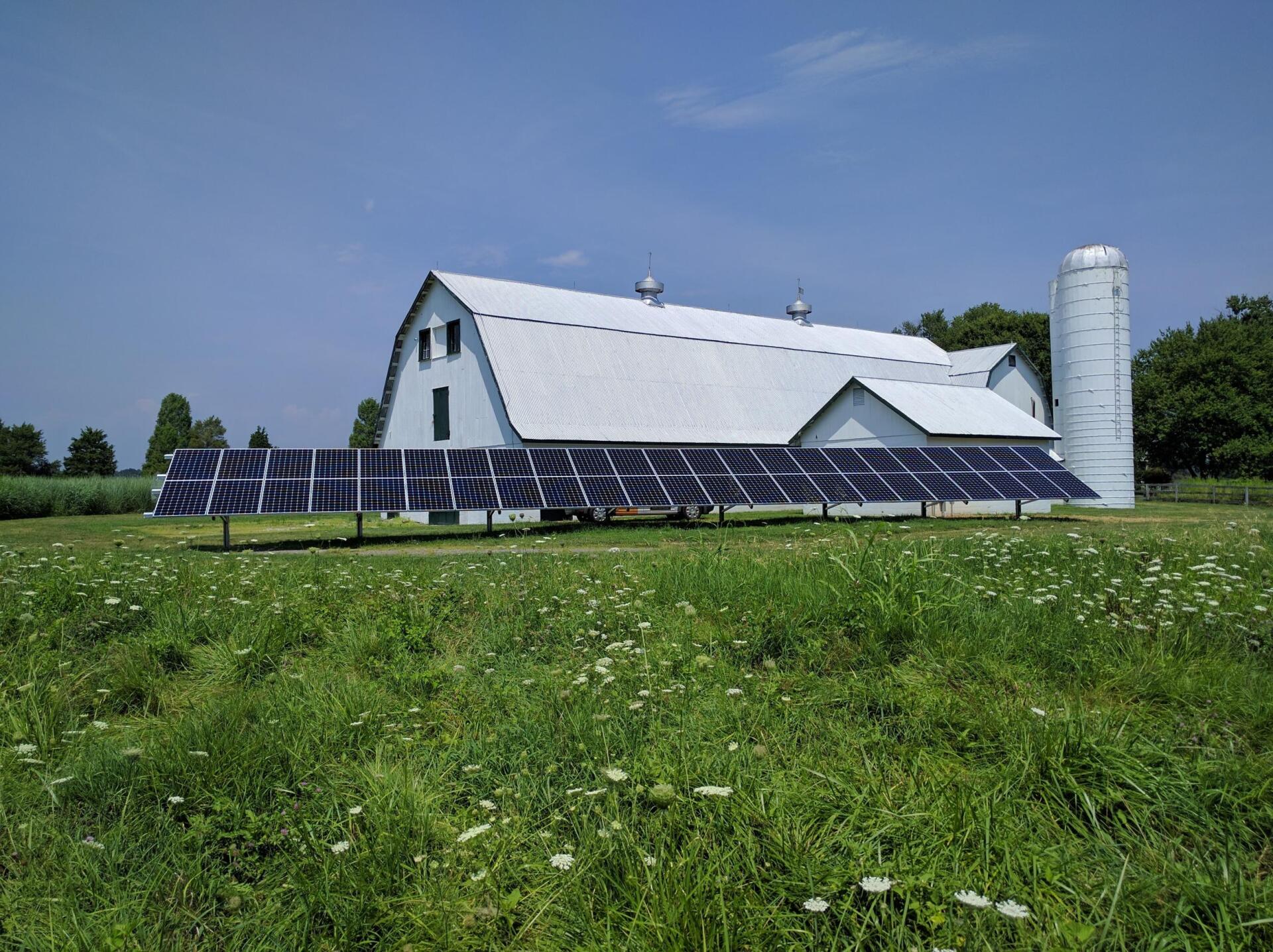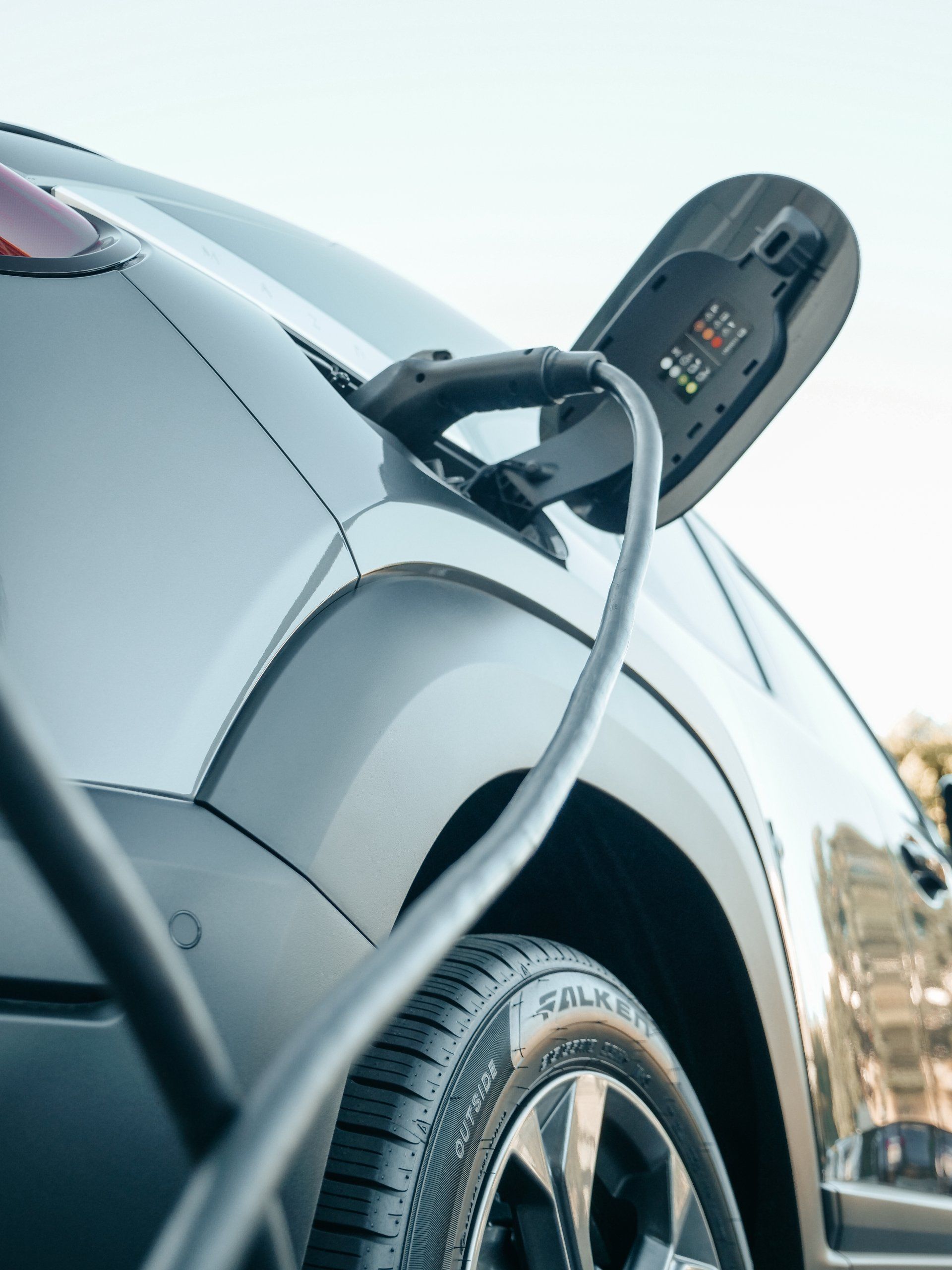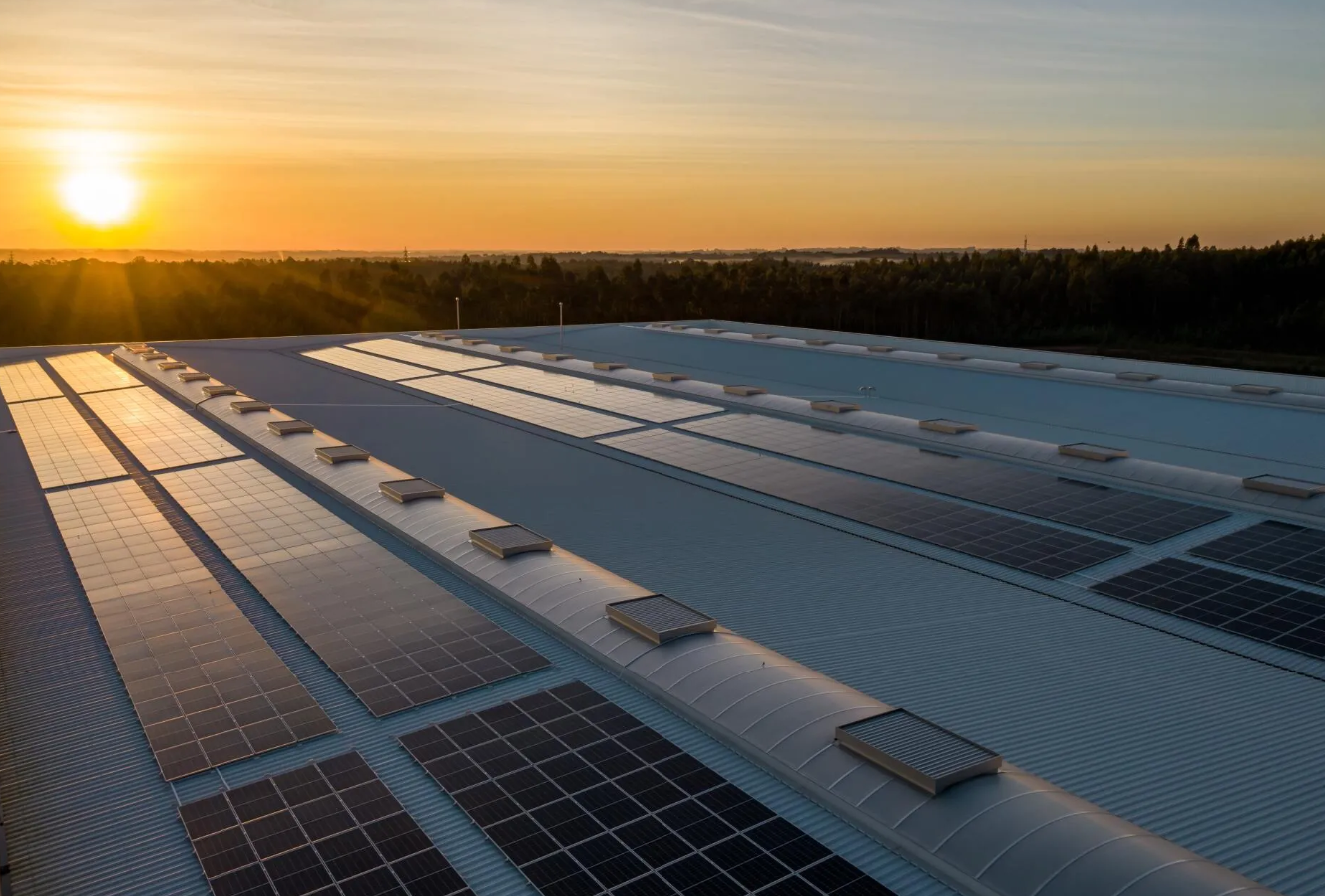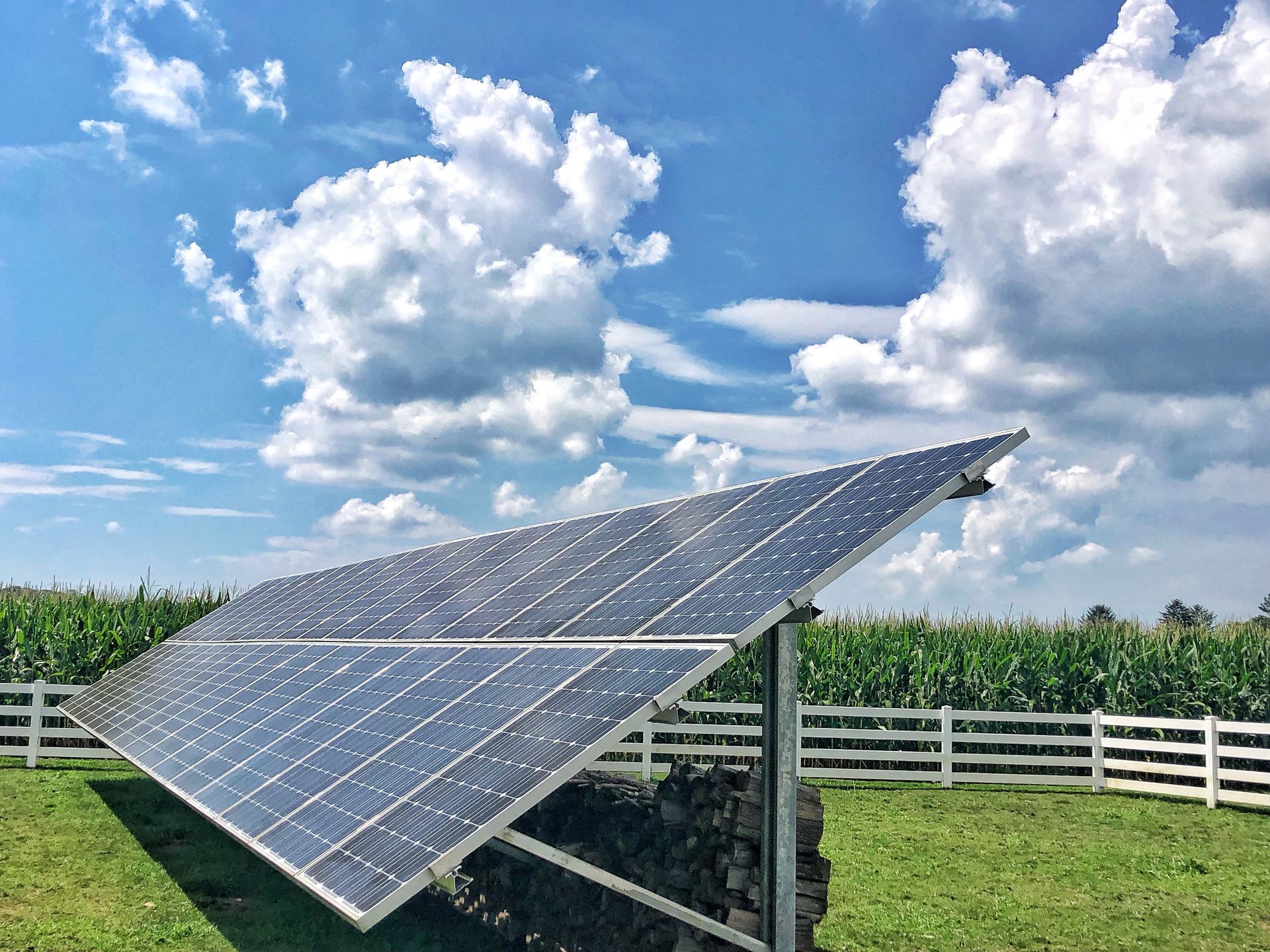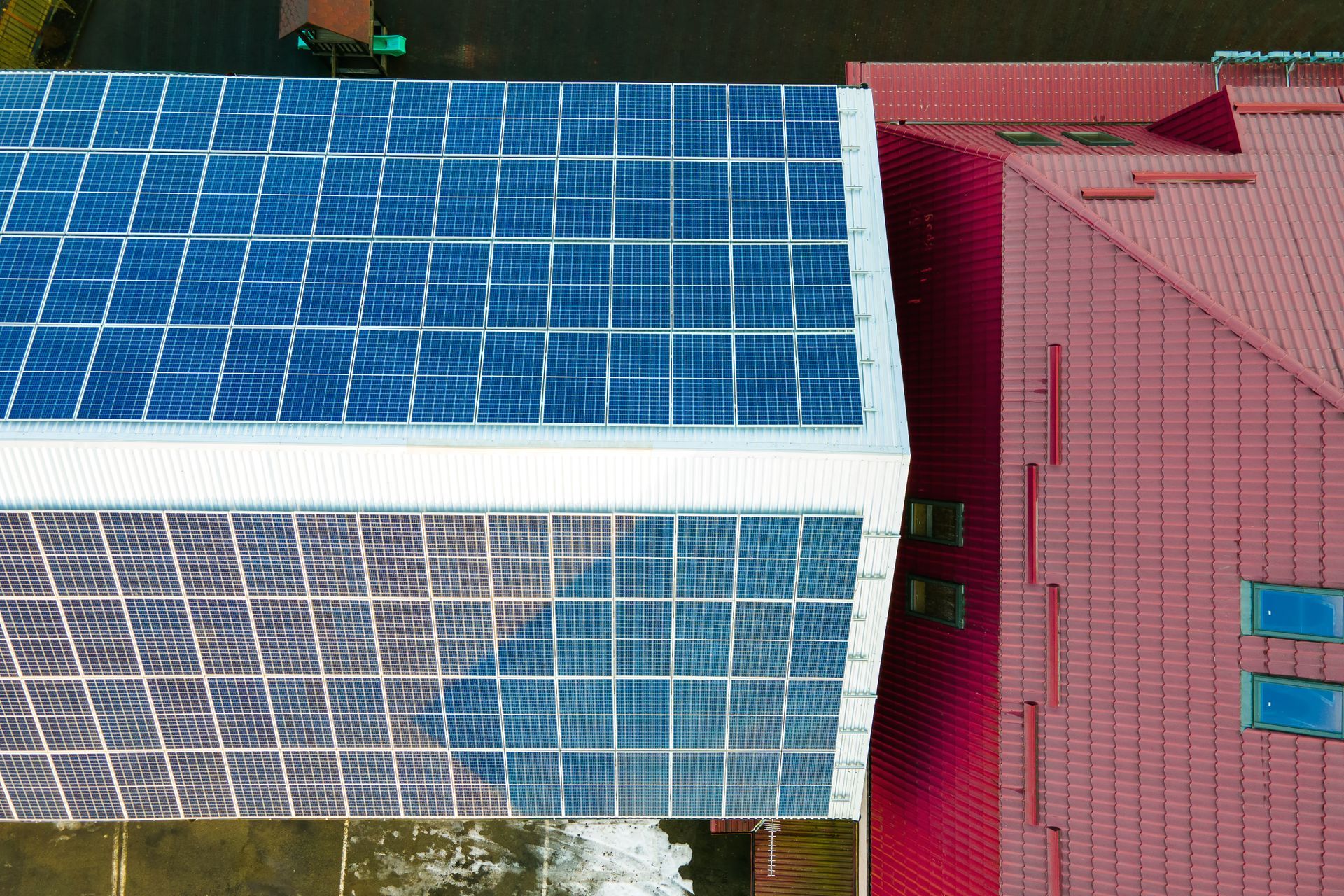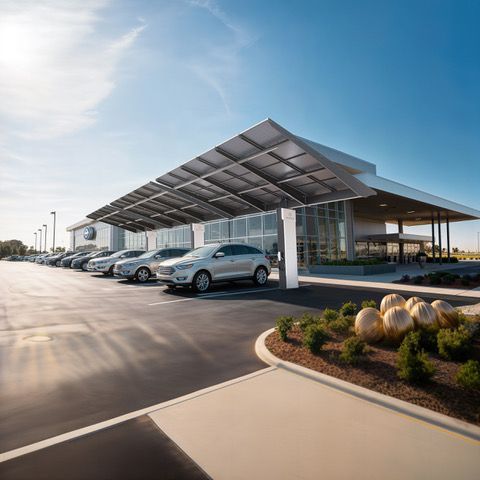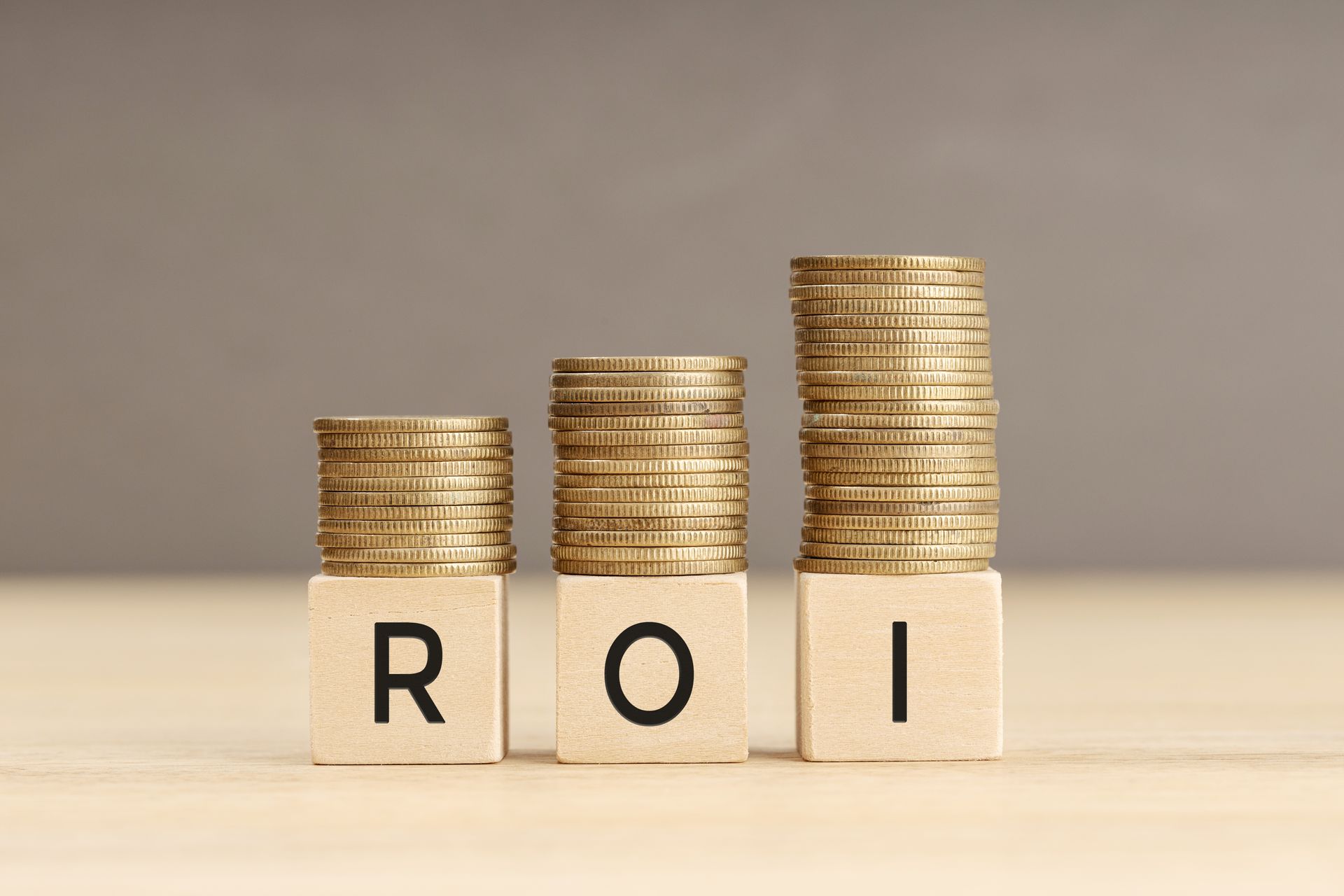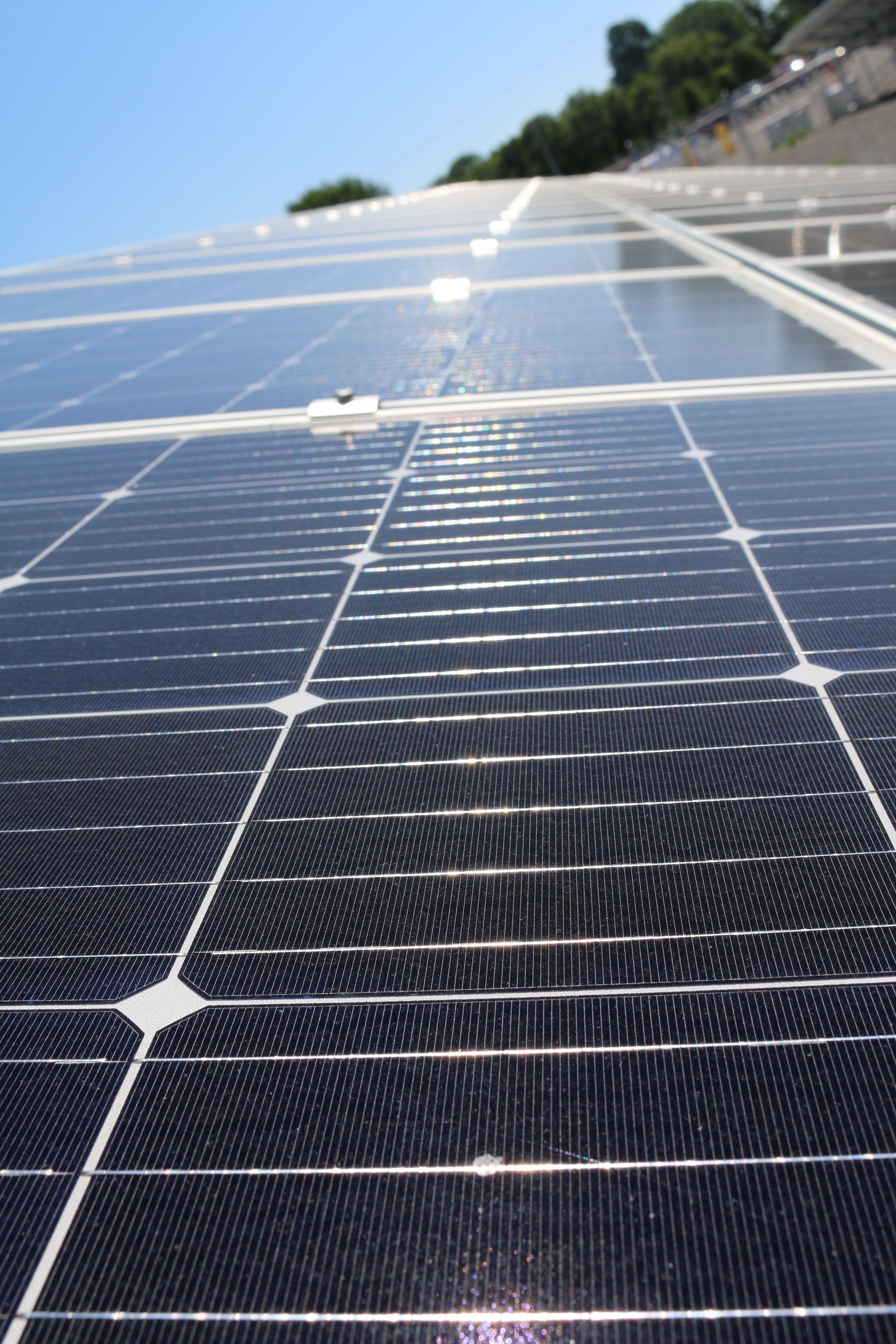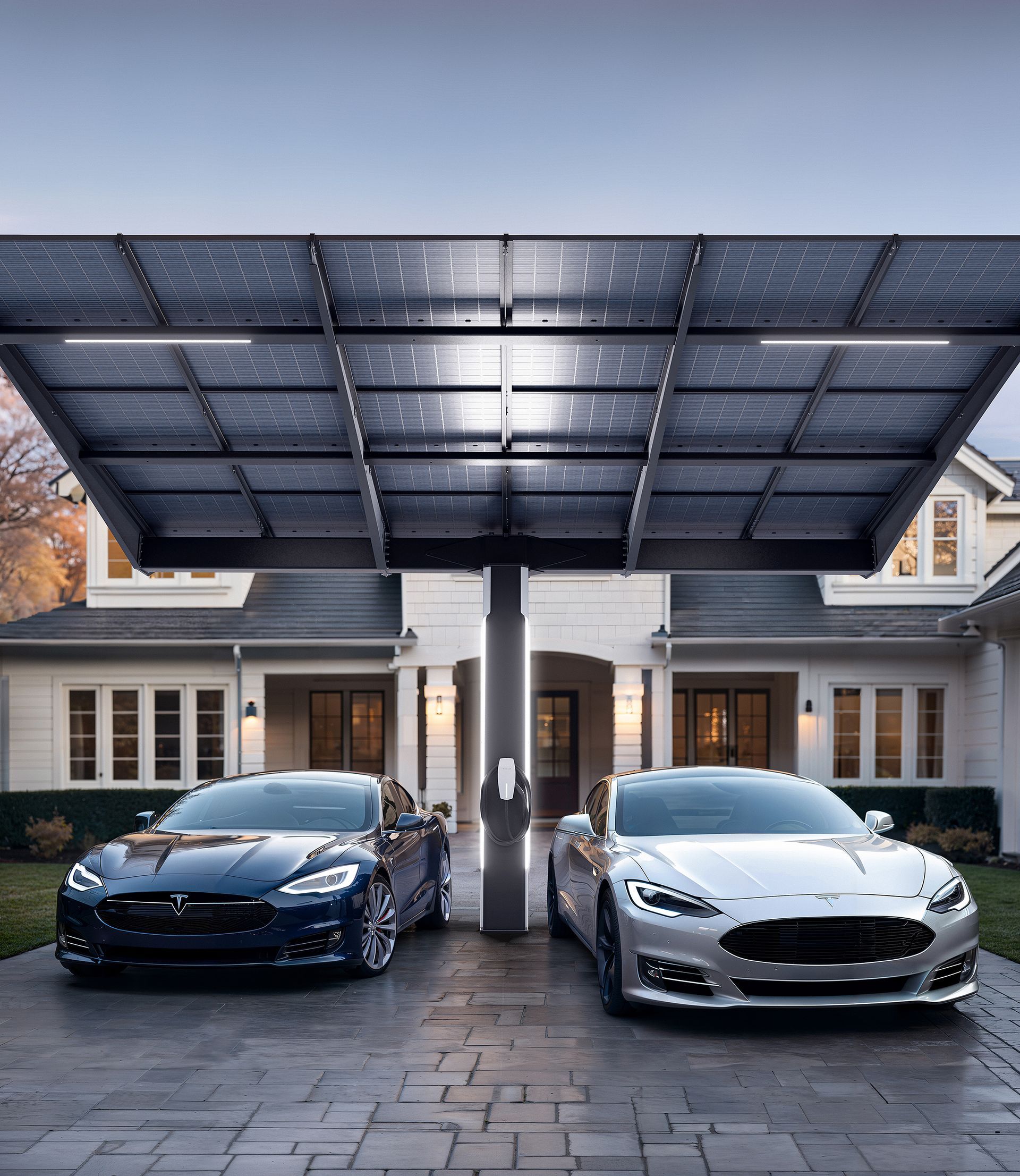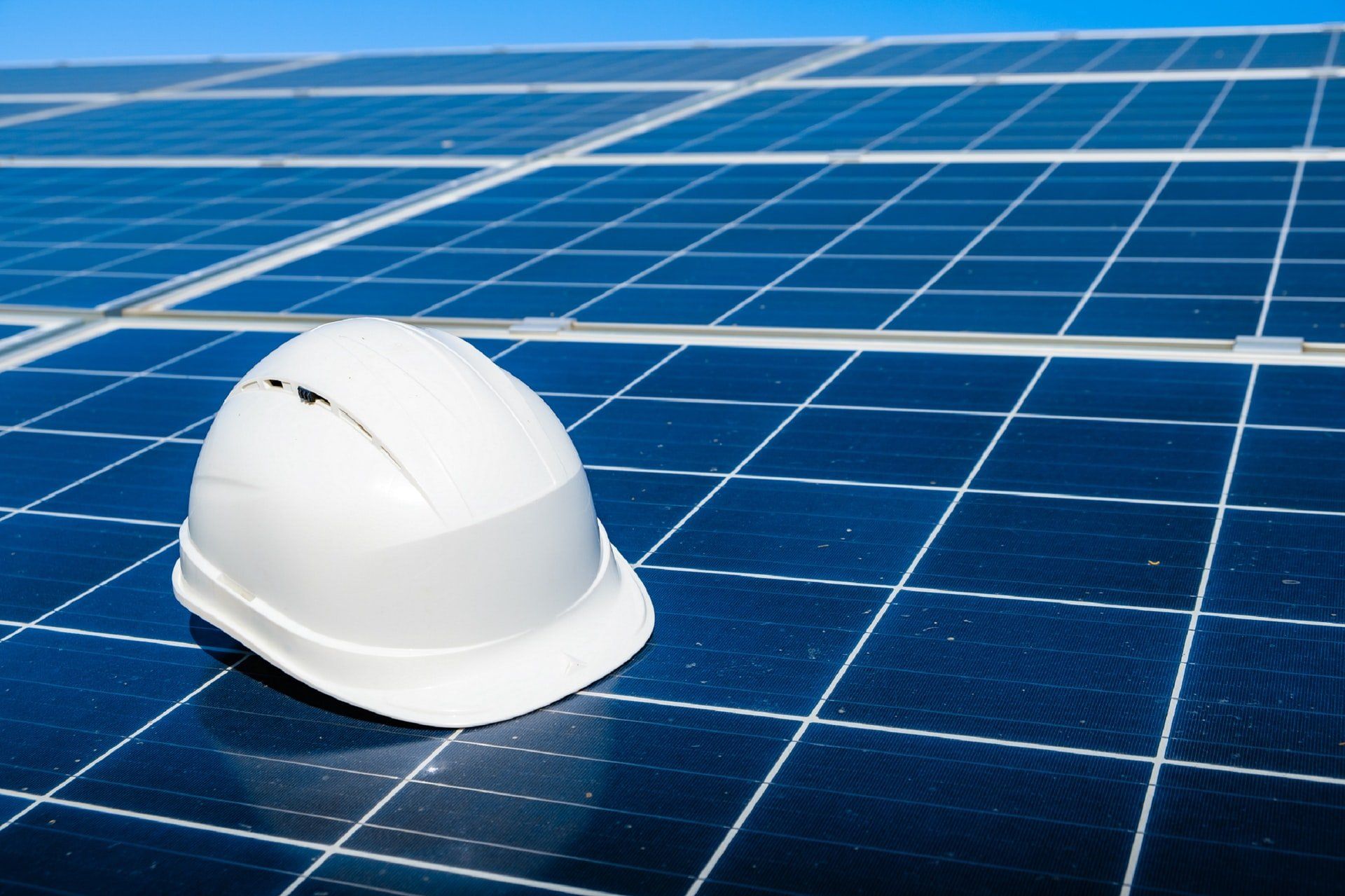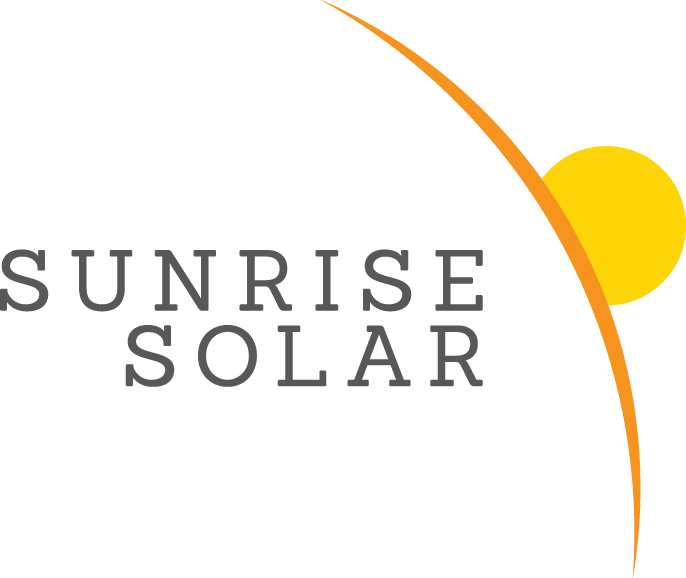Are Solar Panels a Good Investment?
One of the most common questions we are asked is if solar energy is a “good investment.” There is no denying that it costs money to install a solar system, so people are naturally curious about how fast they can pay off their purchase, as well as how much they can save in the long run. Here’s what you should know.
Diminishing Tax Credits
Federal tax credits offset a big part of the cost associated with installing a solar system. However, these incentives are gradually being phased out, meaning it’s better to invest sooner rather than later. For 2020, homeowners will receive a tax credit worth 26% of the cost of their installation. In 2021, that tax credit will be 22%, but by 2022, homeowners will no longer receive any credit.
Solar is a Fixed-Cost Energy Source
Another aspect that makes solar energy a good investment is that you don’t have to worry about changing rates. Utility providers often raise their energy costs over time. With your solar system, on the other hand, your monthly payment would be the same each month for the length of your PPA agreement or until it is paid off.
One Way or Another
It doesn’t matter whether you’re making an investment in solar energy or sending money to your utility provider. Either way, the money is being spent. Going solar is similar to purchasing a home. While it has larger upfront costs, it allows you to invest in yourself and take control of your energy costs, rather than “renting” energy and never gaining equity. In the long run, solar will pay off.
If you need help determining what type of solar system installation would be best for you, contact us today. We’ll be happy to help you find a solution that balances energy efficiency and cost effectiveness.
